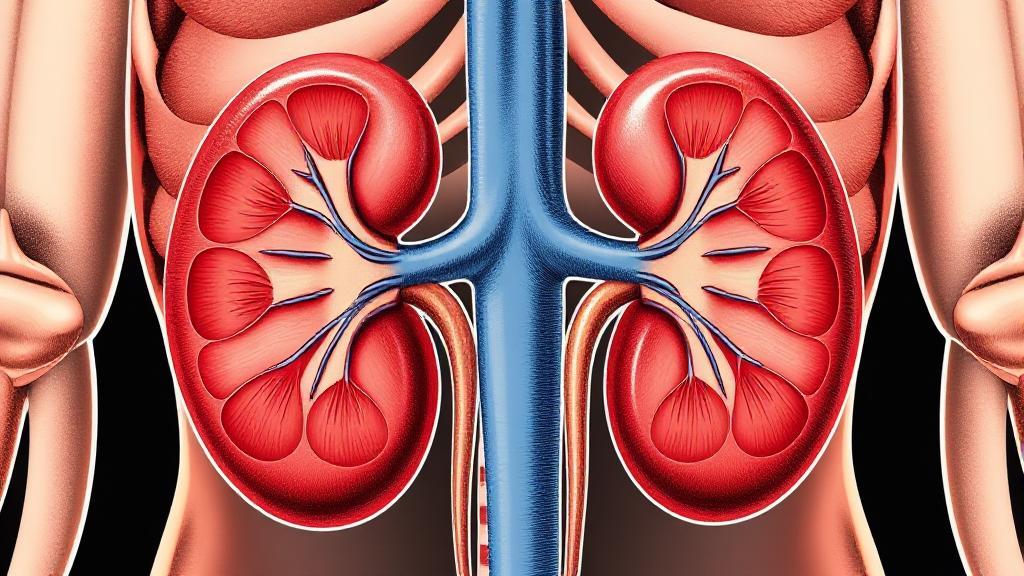Introduction
The kidneys are vital organs that play a crucial role in maintaining the body's overall health. These bean-shaped organs, located on either side of the spine just below the rib cage, are roughly the size of a fist. Despite their small size, kidneys perform a multitude of essential functions that are critical for sustaining life. Each kidney contains approximately one million tiny filtering units called nephrons, consisting of a glomerulus and tubule that work together to filter blood and create urine.
Primary Functions of the Kidneys
1. Filtration and Waste Removal
One of the primary functions of the kidneys is to filter blood and remove waste products and excess substances. Every day, the kidneys filter about 120-150 quarts of blood to produce 1-2 quarts of urine. This process helps eliminate:
- Normal breakdown of active tissues
- Food metabolism products
- Toxic substances
- Medications
- Excess salts and water
2. Maintaining Body Balance
Electrolyte Balance
The kidneys maintain the proper balance of various minerals and electrolytes, including:
- Sodium
- Potassium
- Calcium
- Phosphorus
- Magnesium
pH Balance
The kidneys help maintain proper blood pH by:
- Removing excess acids
- Adding buffers when necessary
- Controlling bicarbonate levels
3. Hormone Production
The kidneys produce several essential hormones:
- Erythropoietin (EPO): Stimulates red blood cell production
- Calcitriol: Active form of vitamin D, crucial for bone health
- Renin: Helps regulate blood pressure
Impact of Kidney Diseases
"Chronic kidney disease affects approximately 37 million American adults," according to the National Institute of Diabetes and Digestive and Kidney Diseases.
Chronic Kidney Disease (CKD)
CKD is a long-term condition characterized by gradual loss of kidney function, often caused by:
- Diabetes
- High blood pressure
- Inflammatory diseases
- Genetic conditions
Acute Kidney Injury (AKI)
AKI is a sudden loss of kidney function, often due to injury, infection, or medication. It requires immediate medical attention and can be reversible if treated promptly.
Kidney Stones
Kidney stones are hard mineral deposits that form in the kidneys and can cause severe pain and urinary tract infections.
Maintaining Kidney Health
To keep your kidneys healthy, consider the following tips:
- Stay hydrated by drinking plenty of water
- Eat a balanced diet low in salt, sugar, and processed foods
- Exercise regularly
- Monitor blood pressure and blood sugar levels
- Avoid smoking and excessive alcohol consumption
- Get enough sleep and manage stress
- Get regular check-ups with a healthcare provider
Medical Innovations and Future of Kidney Care
Scientists are working on groundbreaking technologies, including:
- Artificial kidneys
- Stem cell therapies
- Bioengineered kidney tissue
- Improved transplant techniques
When to Seek Medical Attention
Contact a healthcare provider if you experience:
- Persistent back pain
- Changes in urination patterns
- Swelling in feet or ankles
- Fatigue
- Nausea
- Loss of appetite
For more information on kidney health, visit the National Kidney Foundation or consult with a healthcare professional.
